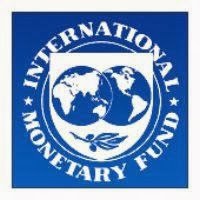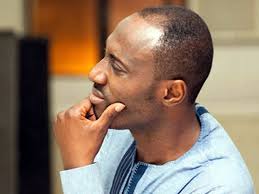IMF cuts Ghana’s projected growth to 7% for 2013 as economy faces risks

 The International Monetary Fund (IMF) today September 18, 2013 said it
The International Monetary Fund (IMF) today September 18, 2013 said it
expects Ghana's full-year growth to be around 7% for 2013. The
Washington-based Fund cited imbalances in the Ghanaian economy as it
is exposed to short-term risks, after a week assessment by its team in
Accra led by Ms Christina Daseking. Ghana has targeted a gross
domestic product (GDP) growth of 8 % by the end of 2013 on robust
economy, according to the 2013 Budget read by Finance Minister Seth
Terpker on March 5. But the IMF noted that economic growth in Ghana
weakened in the first half of 2013, reflecting energy disruptions and
high real interest rates. "As energy problems have now subsided, the
mission expects full-year growth of about 7%, compared with 8% in
2012," it said in a statement. The IMF added "The main risks to the
economy arise from a large current account deficit—projected to
increase to above 13% of GDP in response to much weaker gold and cocoa
prices and ongoing fiscal pressures." Ghana's fiscal deficit reached
12.1% of GDP end of 2012 after overshooting the 6.7% target almost a
100%. With projected reserves of less than 3 months of imports, the
Fund stated that the economy is exposed to risks from a potentially
deteriorating external environment and global financial market
pressures. According to the IMF's statement, the country's inflation
has risen temporarily above 11%, as a result of the significant fuel
price adjustments earlier in the year. In April 2012, the IMF expected
the Ghanaian economy to grow 7.4% in 2013, according to its World
Economic Outlook (WEO). Meanwhile the Fund believes that Ghana's
medium-term economic prospects remain strong.
By Ekow Quandzie





